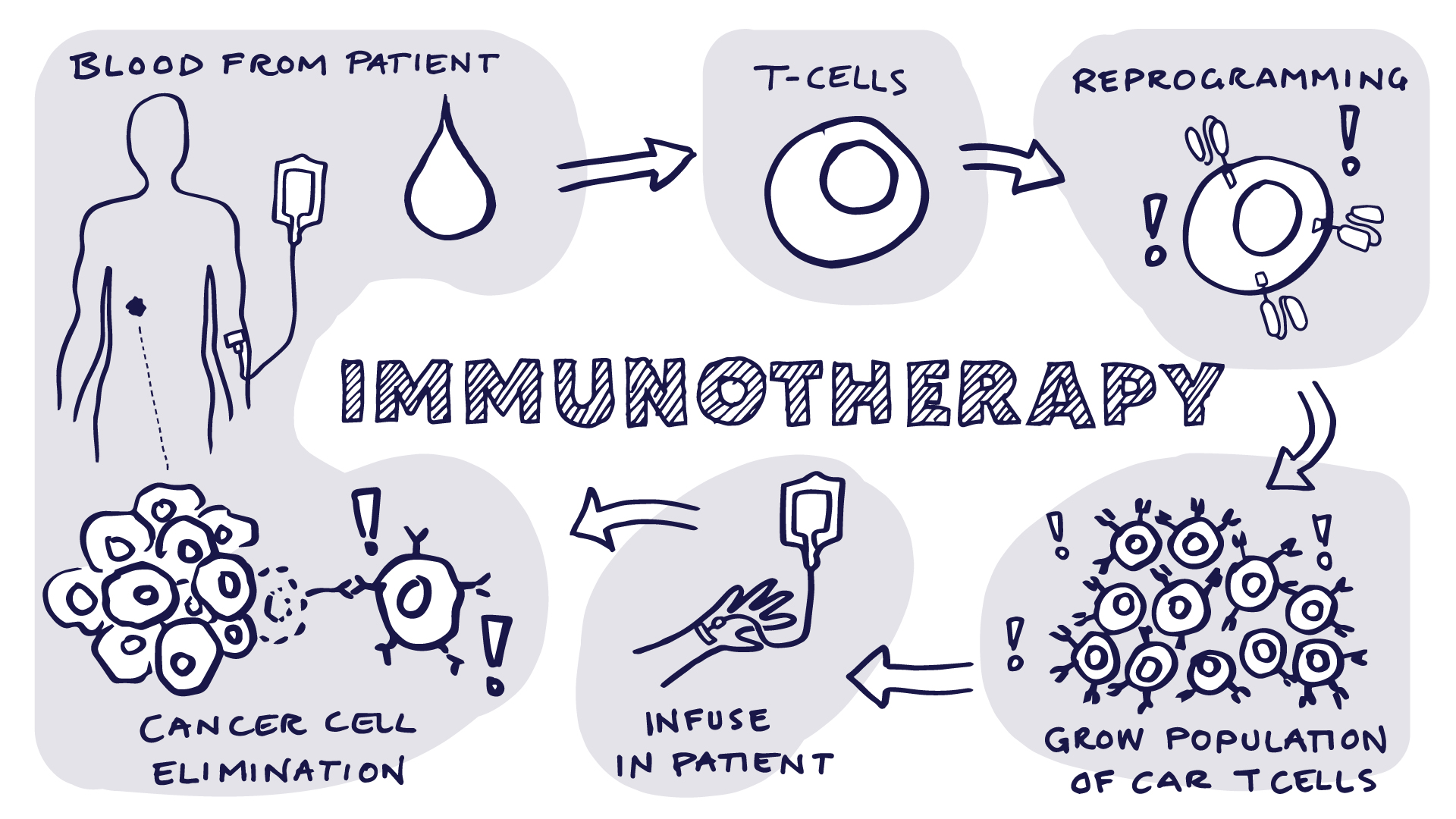A strong immune system is essential for maintaining good health and defending against illnesses. However, various factors can weaken the immune system, making the body more susceptible to infections and diseases. Recognizing the signs of a weak immune system can help you take proactive steps to strengthen your body's defenses. Here are five key signs that may indicate a weakened immune system:
1. Frequent Infections
One of the most noticeable signs of a weak immune system is an increased susceptibility to infections. If you find yourself frequently battling colds, flu, or other infections, it could be a sign that your immune system is not functioning optimally.
Common Infections Include:
- Respiratory Infections: Frequent colds, bronchitis, sinus infections, or pneumonia.
- Ear Infections: Recurrent ear infections, particularly in children.
- Skin Infections: Persistent or recurring skin infections, such as cellulitis or fungal infections.
What to Do:
- Consult a Healthcare Provider: Seek medical advice to identify any underlying causes and receive appropriate treatment.
- Boost Immune Health: Focus on a balanced diet, adequate sleep, regular exercise, and stress management to support your immune system.
2. Slow Wound Healing
A healthy immune system plays a crucial role in wound healing by sending nutrient-rich blood to the site of injury to promote repair. If you notice that your cuts, scrapes, or other wounds are healing slowly, it could be an indication that your immune system is compromised.
Factors Affecting Wound Healing:
- Diabetes: Poor blood sugar control can impair the immune response and delay healing.
- Nutrient Deficiencies: Lack of essential vitamins and minerals, such as vitamin C and zinc, can slow down the healing process.
What to Do:
- Maintain Good Nutrition: Ensure your diet includes sufficient protein, vitamins, and minerals.
- Proper Wound Care: Keep wounds clean and protected to prevent infection and promote faster healing.
3. Persistent Fatigue
While fatigue can result from various factors such as lack of sleep or stress, chronic fatigue that persists despite adequate rest can be a sign of an underlying immune system issue.
Symptoms of Immune-Related Fatigue:
- Lack of Energy: Feeling consistently drained and low on energy.
- Difficulty Concentrating: Struggling to focus and stay alert.
What to Do:
- Improve Sleep Hygiene: Ensure you get 7-9 hours of quality sleep each night.
- Reduce Stress: Practice relaxation techniques such as yoga, meditation, or deep breathing exercises.
- Exercise Regularly: Moderate exercise can boost energy levels and improve immune function.
4. Digestive Issues
The gut is home to a large portion of the immune system, and digestive problems can be a sign that your immune system is not working properly. Frequent digestive issues such as diarrhea, constipation, or bloating can indicate a weakened immune response.
Immune-Related Digestive Issues:
- Chronic Diarrhea: Frequent diarrhea can be a sign of an underlying infection or inflammatory condition.
- Irritable Bowel Syndrome (IBS): Immune system dysfunction is thought to play a role in IBS symptoms.
What to Do:
- Probiotics: Consider adding probiotics to your diet to support gut health.
- Balanced Diet: Eat a diet rich in fiber, fruits, vegetables, and lean proteins to promote a healthy digestive system.
- Hydration: Drink plenty of water to maintain digestive health.
5. High Stress Levels
Chronic stress can have a significant impact on the immune system. Stress hormones like cortisol can suppress immune function, making you more susceptible to infections and illnesses.
Signs of Stress Impacting Immunity:
- Frequent Illnesses: Getting sick more often when under stress.
- Flare-Ups of Chronic Conditions: Conditions like eczema, asthma, or allergies worsening during stressful periods.
What to Do:
- Stress Management: Incorporate stress-reducing activities into your daily routine, such as exercise, hobbies, or spending time with loved ones.
- Mindfulness Practices: Techniques like meditation, deep breathing, and yoga can help manage stress levels.
- Professional Support: Seek support from a mental health professional if stress becomes overwhelming.
















